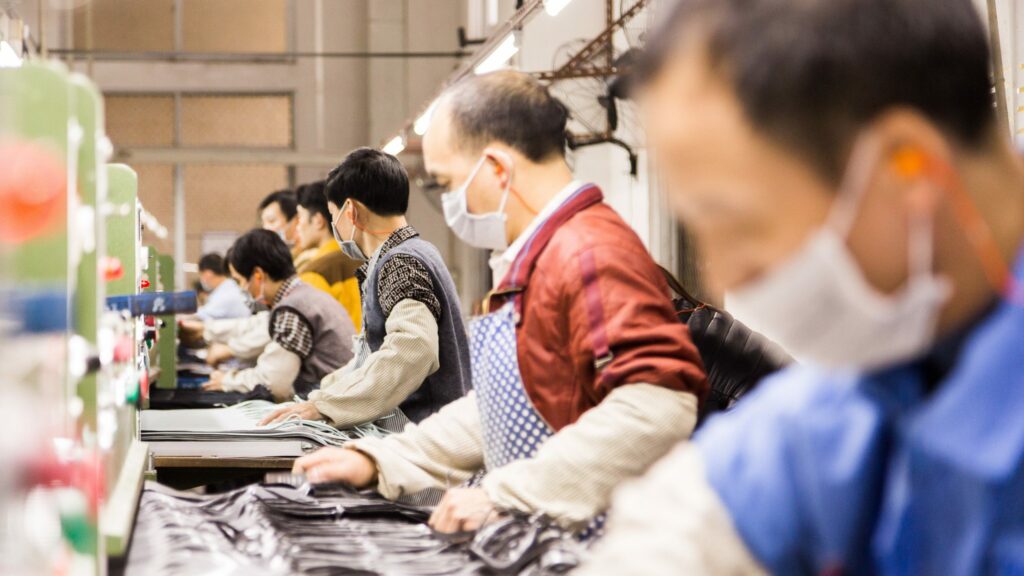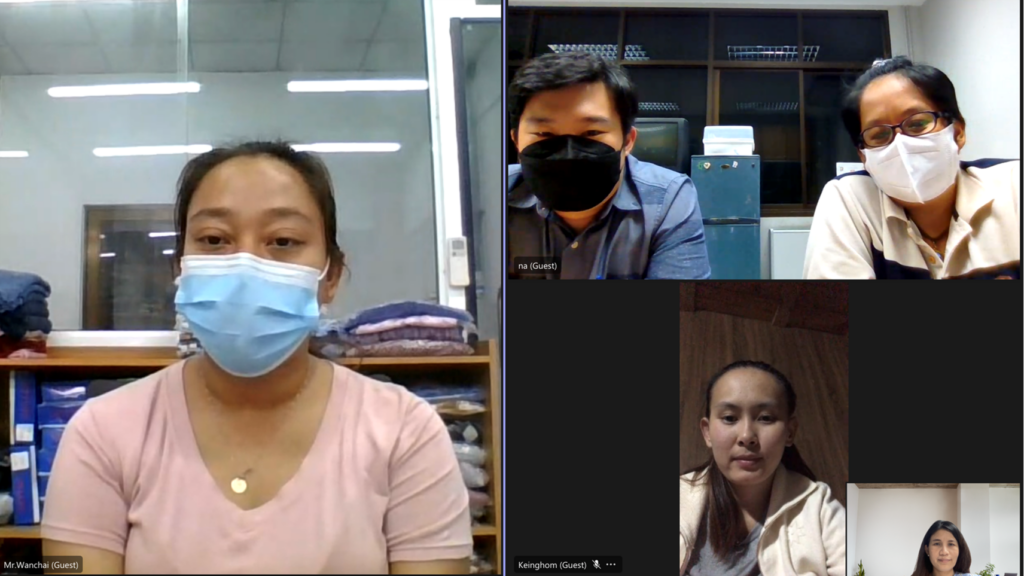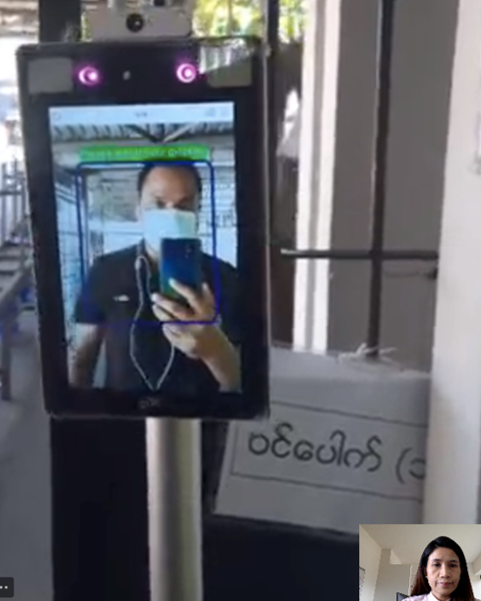
The disruption caused by the coronavirus pandemic not only affected our supply chain; it also affected the crucial work of our Astra auditors. That’s why they developed their Remote Assessment tool.
Astra Supply Chain Services, a wholly owned subsidiary of Otto International, routinely conducts social audits of our suppliers’ factories. This is done to ensure that they are adhering to local laws and regulations as well as our own standards. However, the lockdowns, travel restrictions and quarantine periods, combined with how quickly any of these could change, made Astra’s regular work incredibly difficult.
Overcoming these obstacles has been necessary not only from a business perspective, but from an ethical one as well. Most locations have at one point or another closed their schools to slow the spread of the virus. In many production markets, this has led to increased instances of child labour, which we do not tolerate under any circumstance in the factories of our business partners.
Soon after COVID-19 began spreading across the globe, Astra began investigating what alternate solutions to on-site, in-person spot checks had been developed in the market. The solution which they proposed to the Otto Group was the Remote Assessment. This adapted assessment uses the same general criteria as a normal on-site assessment, but the auditor is “brought” into the factory digitally by way of virtual calls.

Carrying out a closing meeting with factory representatives, a translator and an Astra Auditor.
The Remote Assessment comes in two main parts: first, an Astra auditor is connected through to a factory employee and is walked through the factory being assessed. Secondly, they conduct a series of virtual interviews with a selection of factory staff.

Chris Wong
Senior Global Compliance Manager for Astra
Chris Wong, Astra’s Senior Global Compliance Manager, describes the process as “very digital. We use different apps depending on what works and is available locally. When we conduct the virtual visits, we are able to take photos of many things like underpressurised fire extinguishers, blocked escape routes and non-compliant work records in order to collect evidence for our reports. We can also assess whether the factories are taking adequate precautions to stop the spread of the virus.”
Since the beginning of the pandemic over 100 Remote Assessments have been completed by Astra staff in Southeast Asia, Eastern Europe, and Turkey. Some Remote Assessments have even been carried out in South America and Africa, as Chris explains that Astra is now covering assessments outside of OI’s supplier portfolio, as the Otto Group requested that Astra offer their services to other Group companies.
Though the Astra team is proud to be able to conduct the Remote Assessments, they know that it is only a temporary solution. “In the beginning we thought that we would only run the Remote Assessments until the end of 2021, but the has pandemic continued,” says Chris.
“We are aware that there are limitations; that we can only see some of the factories, and that we do not know what is taking place behind the camera. But our auditors are very experienced; we take the lead and direct the tours and interviews. We still think it is better to be 80% sure than not at all, and we can still be that confident because of all the evidence we can still collect.
“Additionally, we only consider these assessments valid for six months, as opposed to 12 for our usual on-site ones, and we require another on-site assessment within three months of restrictions being lifted in the assessed factory’s location.”
Chris and the Astra team are now employing this digital strategy in other services with equal success. For example, they conduct webinars and online training sessions, virtual inductions and pre-meetings in order to support future audits, and additional factory scans between official social audits to do their due diligence in regions with higher risk. “We can also use these virtual tools to gain more transparency further up in the supply chain,” says Chris, “it is more efficient and cost-effective.”

Assessing a temperature check in Myanmar.
Overall, the feedback from business partners has been that of appreciation for continued effort of the auditors despite the circumstances. Chris, though, looks forward to time when the Remote Assessments are not necessary: “Before COVID we were frequently in contact with our suppliers, so I hope we are back to that soon.”

